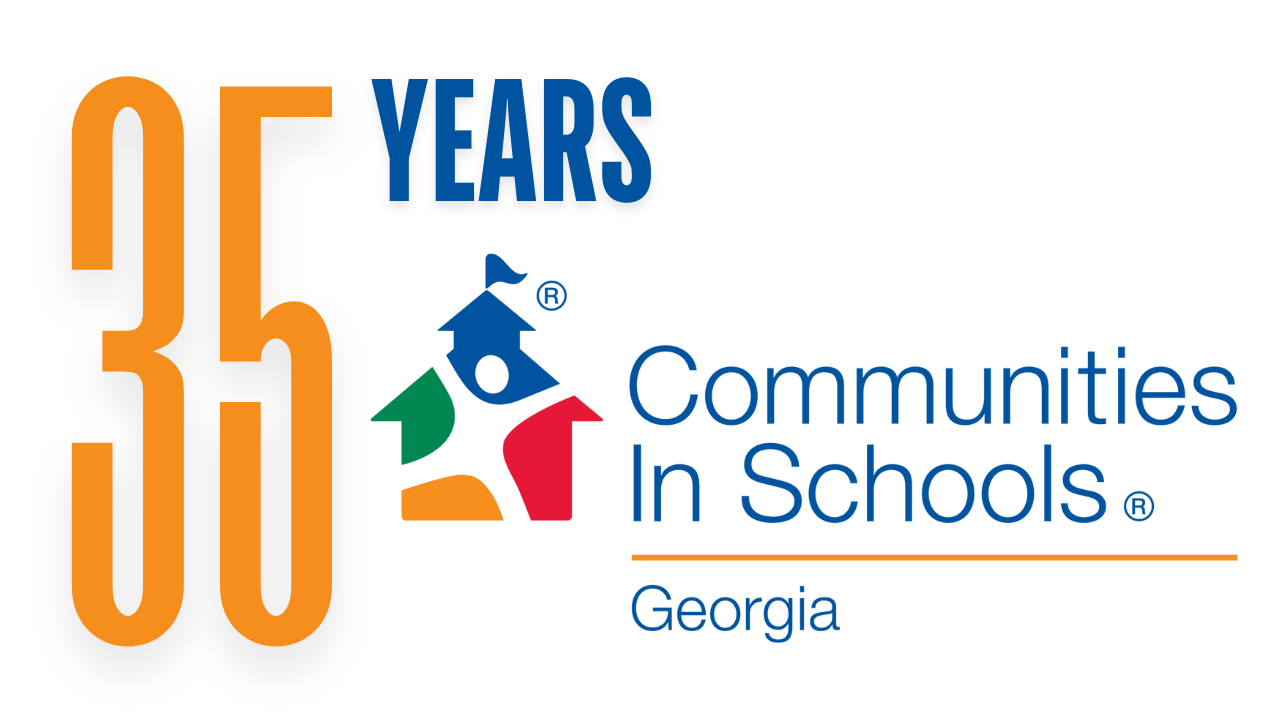The tragic shooting at Price Middle School last week emphasizes the need for greater parental and community support of partnerships within our schools – not solely in Atlanta, but throughout the nation. We are all grateful more children and adults at Price were not injured. Nevertheless, any violent act in a school rightfully frightens us all.
In order for our schools to provide the best learning environments for our children, parents and community collaboration must ensure children are fully supported, eager to learn and not burdened by barriers that make it harder for teachers to inspire students to grow.
When a violent act happens at school, frequently school administrators, police, parents and others within the community seek some type of collaborative action. But we shouldn’t have to wait for the next tragedy at school. Now is the time to construct effective preventive partnerships that connect community resources that help schools and parents support their children’s academic success, including social services, anger management and substance abuse counseling resources.
Violence in schools, rare as it is, represents just one of many barriers that make educating our children an enormously complicated and difficult task. These barriers are non-instructional in nature, but when present make it very difficult for learning to take place. We should be looking at the array of daunting and competing forces that daily undermine the work of all teachers. When we don’t address and overcome barriers, then they effectively hurt educational progress for all children.
The challenges of our schools in a great number of cases are social, family and community issues. The threat of violence is only one of these challenges. Our schools are academic institutions whose success for large numbers of students require far more than schools’ high expectations and rich academic resources in order to thrive.
The Price Middle School shooting is an aberration but other barriers are not. The investigation will probably reveal that the perpetrator like hundreds of thousands of other children in Georgia is disengaged from the learning process, struggling in school and on their way to failing and eventually dropping out of schools.
Truthfully, the thrill of the learning enterprise and the competence of our teachers are no match for the forces of poverty, family crisis, unemployment, health issues, substance abuse, gangs, hunger, and child trafficking. Nor can we hope to succeed by superimposing instructional solutions onto social, family, and community dysfunction, try as we may. But effective public and private partnerships provide the best solutions to address these issues and will help teachers develop higher standards and increase students’ testing scores and academic achievement.
The forces of goodwill represented by people who want to help: willing and concerned parents, a plethora of fine social and government agencies, determination within the private sector and our faith-based community … all can and should be marshaled to help all children get to school every day and, when there, support them so they’ll succeed in school and prepare for productive lives.
Certainly, this is a major organizing task. But it is absolutely not another task to be loaded onto the schools’ agenda. Our schools must stay laser-focused on the development of our children’s intellects and should allow and support effective partnerships with the wealth of our communities’ resources. School and social failure are problems with a solution. Building effective partnerships between schools and communities hold the means for our most vulnerable kids to enter school each day knowing they are safe and valued and ready to experience the magic of learning.
Neil Shorthouse is president of Communities In Schools of Georgia. Communities In Schools organizes community resources to increase student and school success.
